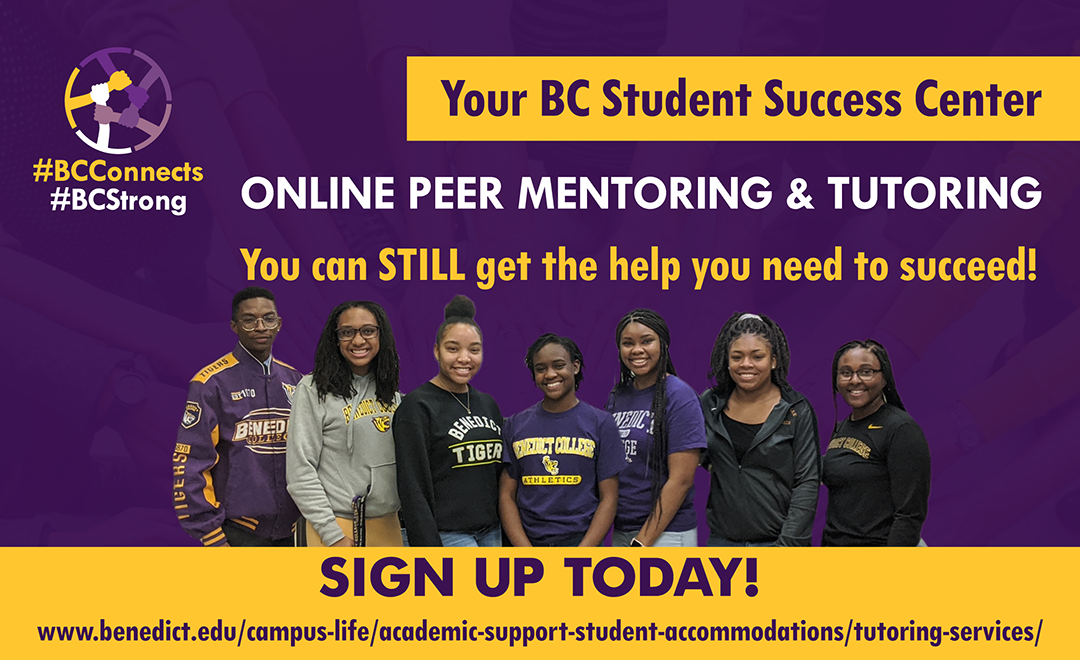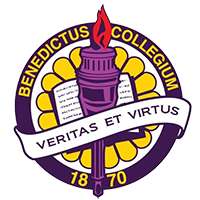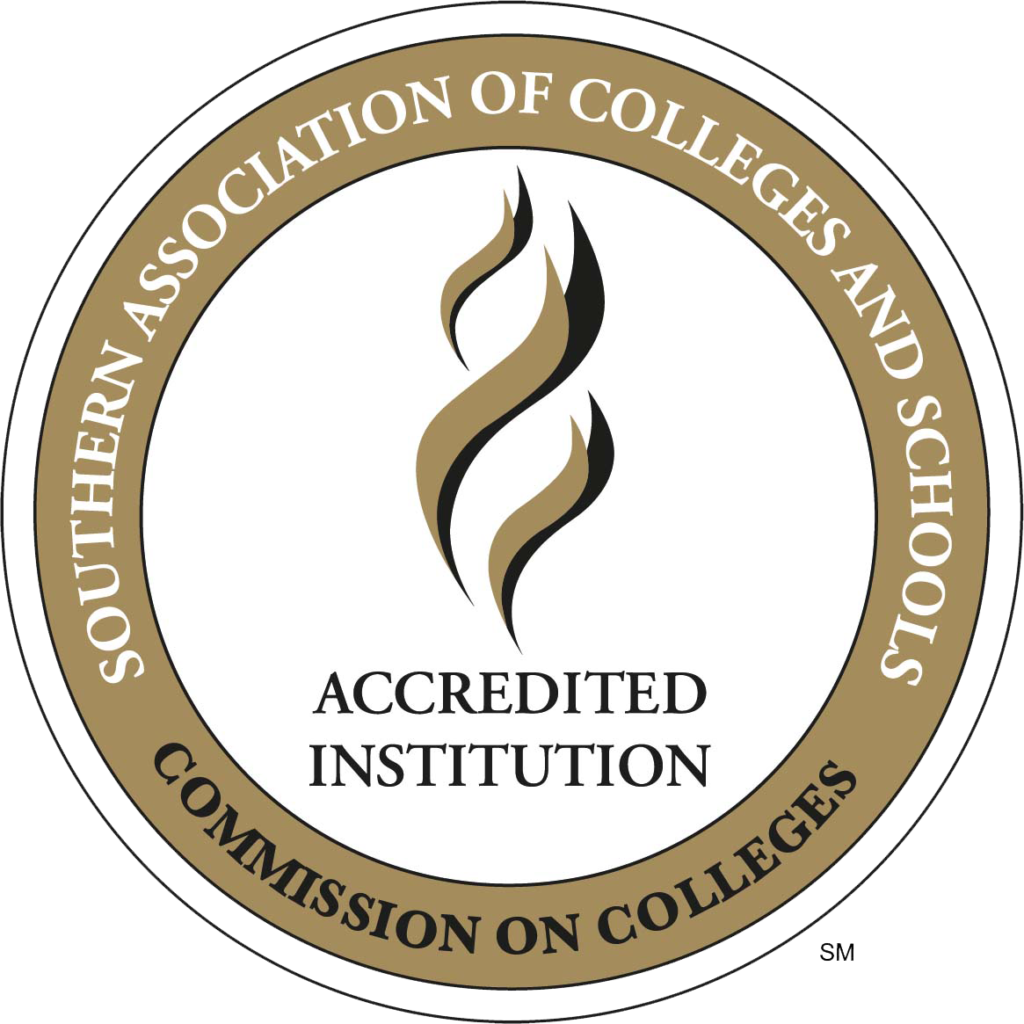Tutoring services are an integral component of academic success programs. In small groups and individual appointments, tutors are an important auxiliary academic resource where students can reinforce course content in an informal environment without the pressures of exams or perceived faculty expectations. In addition to the academic benefits, students often forge close mentoring relationships with tutors. These interactions can foster a sense of belonging, stoke the fire of continued academic inquiry, build academic confidence, and enhance academic performance.
Many methods and modalities of tutoring have emerged over the past two decades, but the most popular form on many college campuses remains real-time, face-to-face sessions. This traditional format, often scheduled in college libraries or dedicated academic learning centers, was disrupted in the spring when the COVID-19 pandemic swept through the United States.
Colleges and universities quickly transitioned to remote education, and the higher education community has since been musing over the successes and failures of this new learning paradigm. Some staff initially struggled with moving in-person tutoring services to a virtual space, but they would discover innovative solutions fueled equally by necessity and desperation.
Representing a community college, a regional HBCU, and a private research university, Mount Wachusett Community College, Benedict College, and The George Washington University, shared their experiences with E-Source for College Transitions. Despite the differences in their enrollment, scope of services, and institutional mission, these institutions had common hitches and highlights.
Setbacks
As the academic success teams began to migrate tutoring online, they encountered two common challenges. First was accomplishing this transition with limited time and resources. Each institution was heavily invested in traditional, face-to-face tutoring, and the online pivot was difficult because of the truncated timeline. Before the pandemic, the Academic Support Center at Mount Wachusett provided tutoring exclusively in person and used paper forms to request and track its services. The Academic Commons at George Washington had a similar approach where peer tutoring was offered through appointments, drop-in hours, and weekly review sessions. Benedict’s Student Success Center had just launched it tutor and mentorship program in January 2020 and had to completely recalibrate its approach in March. In each case, the existing tutoring programs relied on a traditional approach that was tied to physical spaces and a set schedule.
The second challenge was technological. Academic success administrators at Benedict and George Washington quickly chose the platforms they would use to facilitate virtual tutoring (e.g., Microsoft Teams and Cisco WebEx, respectively), but the tutors and students were inexperienced with them; staff scrambled to develop the necessary training. Mount Wachusett’s training approach relied on its technologically savvy tutors to guide the students through the remote tutoring platform.
Additional pedagogical training was provided for the tutors. The focus at Benedict was on distance learning strategies and best practices for engaging students virtually.
Successes
Each institution achieved positive outcomes despite the initial complications. George Washington staff collaborated with the university’s library on a virtual chat system, which led to the revelation that students and tutors engaged more often and more personally online. Benedict saw a paradigm shift where online tutoring was integrated into instruction and made a necessary component of course engagement.
Students enter college with different levels of economic and academic capital, and colleges oftentimes perpetuate this inequity through the ways they offer student services. Students of limited financial means, for example, might have to work when tutoring services are available, but the remote format allowed tutoring to operate outside of traditional hours. The online modality also gave students more flexibility with where they could access it, which is useful for several student populations (e.g., commuters, adult learners, students who work). To that end, Benedict expanded its online catalog of tutoring videos to offer students more asynchronous resources.
Staff from the three institutions say the experience built a rapport and shared identity. Mount Wachusett employees noted an organizational shift: Staff who had been scattered across locations coalesced around a shared mission and worked as a cohesive unit. The online pivot also triggered an internal audit of how Mount Wachusett marketed its tutoring services to students. Administrators at George Washington’s Academic Commons said their tutors engaged with them more frequently in the new online modality, and the transition challenged Benedict staff to acknowledge there is a meaningful way to foster community and learning in virtual spaces.
Like many other colleges and universities, Benedict, George Washington, and Mount Wachusett admit they were caught offguard when COVID-19 made null the traditional, in-person tutoring format. After some growing pains, these schools were encouraged and inspired by the outcomes.
Note. Special thanks to those who contributed to the development of this article: James Winfield, Director of Student Retention, and Jamila Lyn, Director of Specialized Programming, Benedict College; Kevin Knudsen, Director, Academic Commons, Genevieve Afrifa, Program Coordinator, Academic Commons, Laura Arroyo, Program Coordinator, Academic Commons, Schuyler Hunt, Graduate Assistant, Academic Commons, The George Washington University; and Stephanie Marchetti, Director of Academic Support and Testing Services, Mount Wachusett Community College.
Mike Dial, Assistant Director of First-Year Advising, University of South Carolina, issu.com




